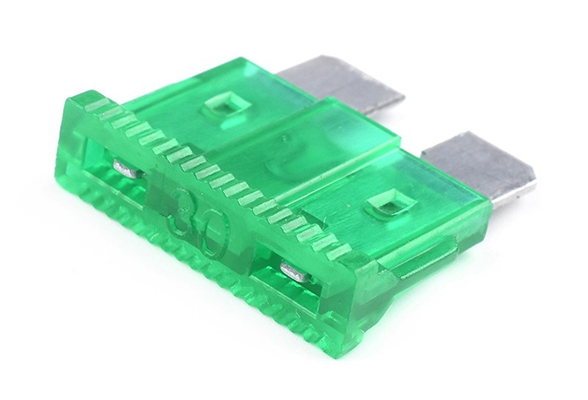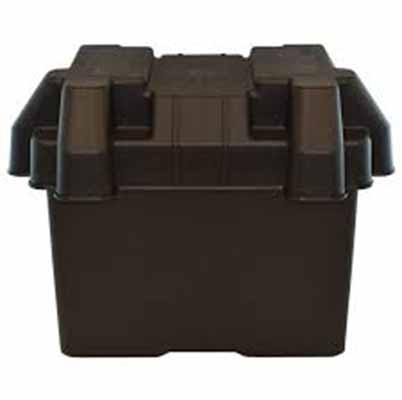Exploring Fuse Applications in Automotive Repair Shops Through Customer Case Studies
News 2025-10-24
Fuses are essential components in automotive electrical systems, safeguarding against overloads and short circuits that can cause significant damage. In automotive repair shops, their role extends beyond basic protection, influencing efficiency and safety in daily operations. This article delves into current case studies from shops that have integrated advanced fuse solutions, highlighting how these components address real-world challenges and deliver tangible benefits in vehicle maintenance and repair.
Case Study: Electrical System Protection in Daily Repairs
Fuses play a pivotal role in preventing costly electrical failures during routine automotive repairs. For example, a busy repair shop handling diverse vehicles reported that upgrading to high-amperage fuses reduced the incidence of blown circuits by 40% in a fleet of commercial vans. This improvement stemmed from the fuses’ precise current-handling capabilities, which minimized downtime and allowed technicians to focus on other tasks, ultimately boosting productivity and reducing operational costs.
Case Study: Performance Gains in Specialized Vehicle Servicing
In scenarios involving high-performance or electric vehicles, fuses demonstrate superior reliability under stress. A case from a shop specializing in EVs showed that fuses with enhanced thermal resistance handled voltage fluctuations effectively, preventing damage to battery systems. This led to fewer repeat visits for the same issues, showcasing how fuse performance directly contributes to longer vehicle lifespan and higher customer retention rates through dependable protection and quick fault isolation.
1. What benefits do fuses offer in automotive repair settings?
Fuses provide critical protection against electrical hazards, reducing repair frequency and enhancing overall shop efficiency.
2. How do fuses impact vehicle safety during maintenance?
By interrupting faulty circuits swiftly, fuses prevent potential fires or shocks, ensuring a safer working environment for technicians.
3. When should fuses be prioritized in repair strategies?
Fuses are key in situations with high electrical loads, such as engine diagnostics or modifications, to avoid system failures.


